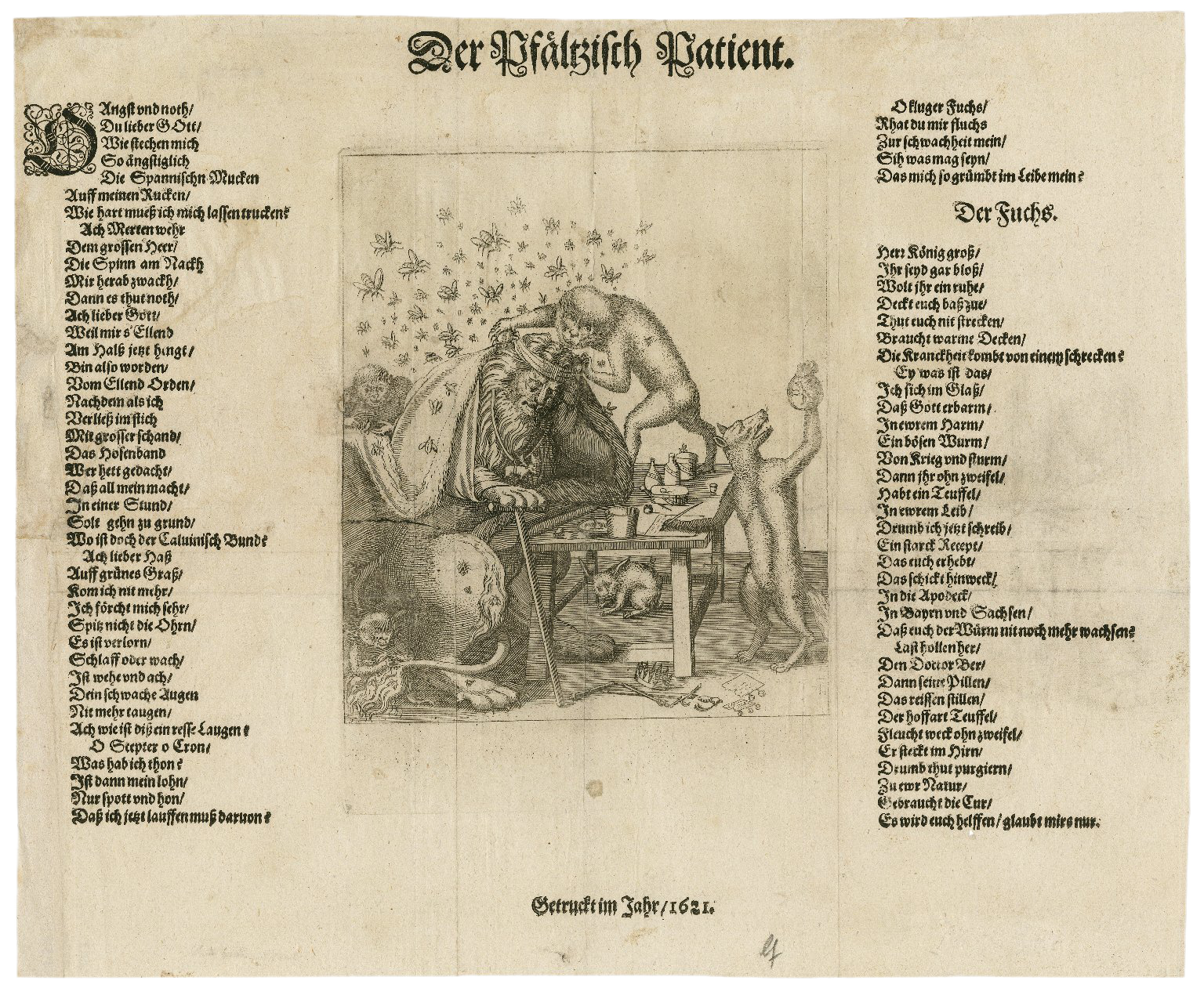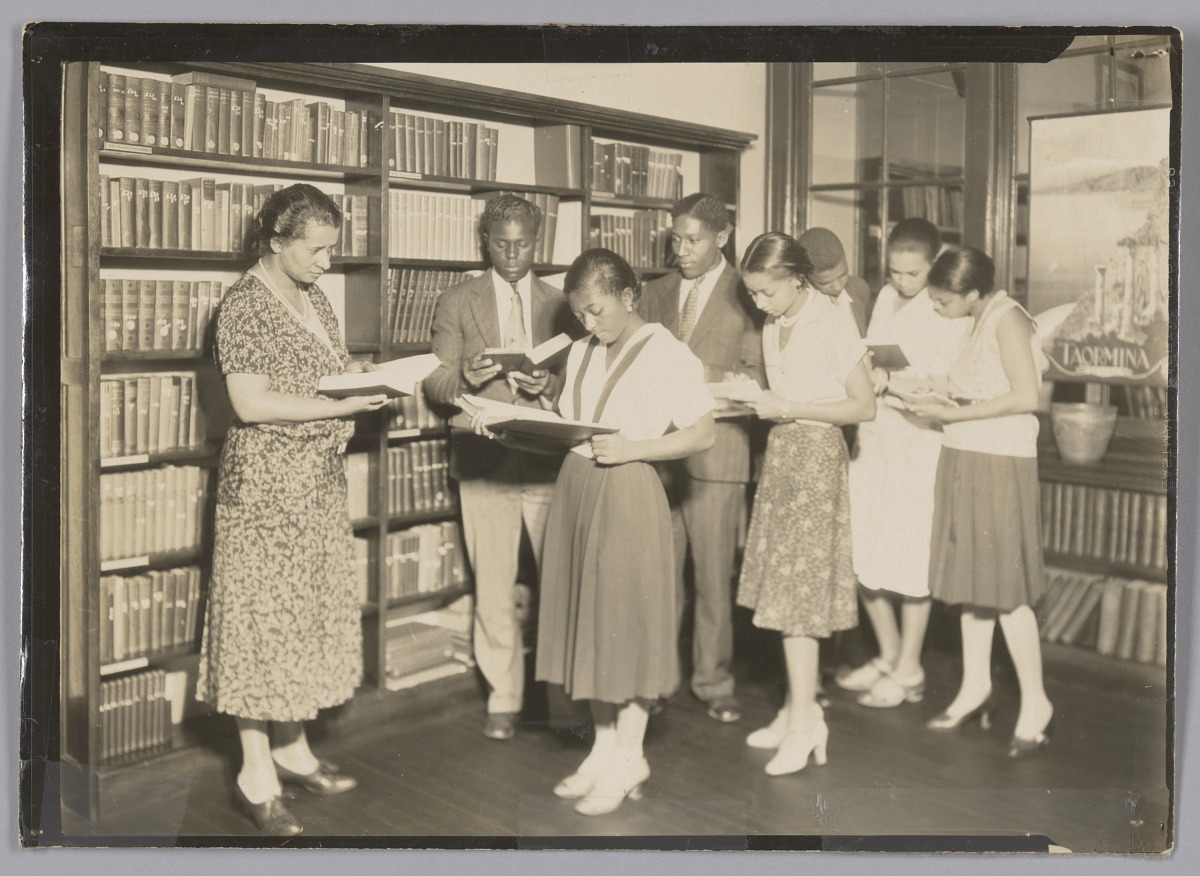What is Bibliography?
What is bibliography if not a list of books? Bibliography is much more than your “works cited” page.
As a field of inquiry, bibliography examines the artifactual value of texts – including books, manuscripts, and digital texts – and how they reflect the people and cultures that created, acquired, and exchanged them. Bibliographers study the technologies used to carry texts to readers, valuing the close physical analysis of material artifacts and the social and economic systems that disperse texts in all their various forms around the globe.
A closer look
Explore the images and touch points below to see how bibliographers look at material texts and think about how they reflect the people and cultures that created, acquired, and exchanged them.
To navigate the images, click on one of the blue and black touchpoints below. To read another touchpoint, click anywhere else on the image and then click your next blue touchpoint to read the accompanying text.
Who does bibliography?
Bibliographers come from across the disciplines in the humanities and work in a range of professional capacities. BSA members and practicing bibliographers are teaching faculty and students at institutions of higher learning; they are librarians and curators in public and research libraries; they are members of the antiquarian book trade; and they are individuals whose collecting interests draw them into this community of knowledge holders.
If your research, work, or collecting has you thinking about or studying the materiality of texts, you should consider yourself a bibliographer and become a member today!
Bibliographic or bibliographical? What’s the difference?
Bibliographic and bibliographical are two words with different meanings. The Bibliographical Society of America is so named because of our primary focus on the features of the material text.
Bibliographic refers to an item’s metadata and citational record. A catalog entry is a bibliographic record, for example. You might use the word in context such as this:
Dorothy Porter Wesley’s bibliographic work on the output of Black writers is foundational to the study of Black and American bibliography.
Dorothy Porter Wesley. “Library Sources for the Study of the Negro” [Notecards]. 1936. Dorothy Porter Wesley Papers. Beinecke Rare Book and Manuscript Library, Yale University.
Bibliographical refers to studying any features of the material printed text. A bibliographical examination could consider watermarks, printing practices, provenance, etc., but it does not necessarily aim at producing bibliographic records. You might use the word in context such as this:
Margaret M. Smith’s bibliographical study of the earliest printed title pages is an illuminating and concise examination of the development of title pages from the manuscript tradition to the codification of the form more familiar to us today.
Photograph of students reading in the Bordertown School library by Lewis Wickes Hine, ca. 1935. Collection of the Smithsonian National Museum of African American History and Culture, Gift of Howard and Ellen Greenberg.
Further reading
We’ve created a short reading list to help you learn more. Follow the link below for key definitions of bibliographical terms, links to founding texts in the discipline, and more.


![Dorothy Porter Wesley. “Library Sources for the Study of the Negro” [Notecards]. 1936. Dorothy Porter Wesley Papers. Beinecke Rare Book and Manuscript Library, Yale University.](https://bibsocamer.org/media/pages/about/what-is-bibliography/66bf23a837-1714562092/unspecified-4.jpeg)
